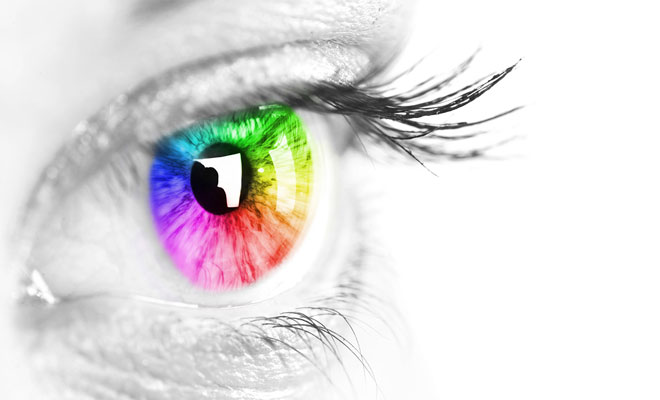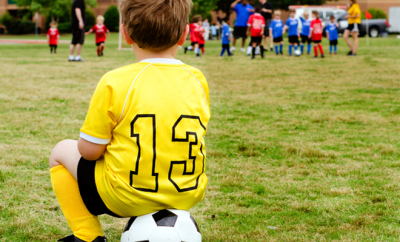
Leadership and Self-Observation
Any man can make mistakes, but only an idiot persists in his error.’
Marcus Tullius Cicero
“Why should we not calmly and patiently review our own thoughts, and thoroughly examine and see what these appearances in us really are?”- Plato
Self-leadership begins with self-observation, which means noticing our thoughts, feelings and behaviours. Self-observation is like checking the instruments of an airplane to ensure it is flying level and on course. By checking in on ourselves we can make adjustments which allow us to be more purposeful and effective.
Self-observation, also known as introspection, contemplation and self-reflection is simple but not always easy. When we observe we find it difficult not to judge and self-judgment can be painful because So many of us have been taught or conditioned in childhood that we’re not good, we’re lacking, we’re not good enough. And so that makes us very reluctant to look at ourselves.
Self-observation should not be confused with your super-ego which may have been programmed by authority figures or religion to guilt and shame us when we have certain thoughts. Many religions have a very limited application of self-observation; because they “know” what’s right and wrong they have a list of sinful thoughts, feelings and behaviours to look out for.
Self-observation in a self-leadership context is about making a commitment to learn the truth about yourself and your world, no matter what it is. This requires comparing, but not judging, our thoughts, feelings and behaviours with feedback we get from the world around us so that we don’t get caught up in our own fantasies and biases. Self-observation is about when, why and under what condition you exhibit certain behaviours; questions to ask yourself include:
- What do I think/ feel about this?
- How is my body responding? (stress, relaxation, pleasure etc)
- What am I paying attention to?
- What am I paying undue attention to?
- What are my distractions?
- What are my biases?
- What am I unaware of?
- Am I focused on problems or opportunities?
Self-observation is about how you run your psychological machinery; “What’s going on? What’s behind that? What else can I learn about this?” This enquiry must be undertaken with the commitment to accept whatever you learn about yourself; to quote a maxim. “The truth will set you free.”
Allow me to share a concrete example. Recently I was in a meeting with a potential client for my consulting services; the client had kept me waiting, shown me into an interview room and then said, “Tell me about yourself”. I asked if they had heard of my work or read the bio data that had been sent to them, the responded with, “no we are just looking for some vendors”. At this I felt myself becoming angry and indignant, I noticed the muscles of my jaw becoming tense and my mouth dry. My self-observation noted that my ego had been threatened and that I had been labelled a vendor when I preferred to work as a partner in creating solutions. Self-observation allowed me to notice all of this before I engaged in a behaviour that would have guaranteed me not getting the contract. At this point I was able to use another self-leadership strategy to shift my thinking and feeling to a calmer place and build rapport.
So how do you get good at self-observation? Isn’t this likely to lead to being self-obsessed are two questions I am often asked. The answers are as follows;
To get good at self-observation requires practice, the practice to check in non-judgmentally. Try this, look at your watch for 5 minutes without distraction.
You will probably find this quite challenging because you experience all sorts of distractions and judgements such as, “this is taking a long time”, “Has my watched stopped?””This is a waste of time.”etc.
Now spend five-minutes just sitting and observing the world around you, and accept every little thing that comes along without judgement. You might hear the ticking of a clock, the sound of an air-conditioner or feel how the chair is supporting you and whether you are moving to get comfortable. As you notice all the sensory data that comes your way, just accept it as information without judgement.
When you can do this you can begin to regularly and especially when you notice you are feeling stressed. Start with noticing, what am I thinking about this? What am I feeling abut this? What are my behavioural choices about this?
Through self-observation you may find you making some changes to your actions and reactions or you will be ready to apply other self-leadership strategies.
So does self-observation make you self-obsessed? Quite the contrary, once you accept the truth about yourself you are much more accepting of those around you and so you can build much more robust relationships.







